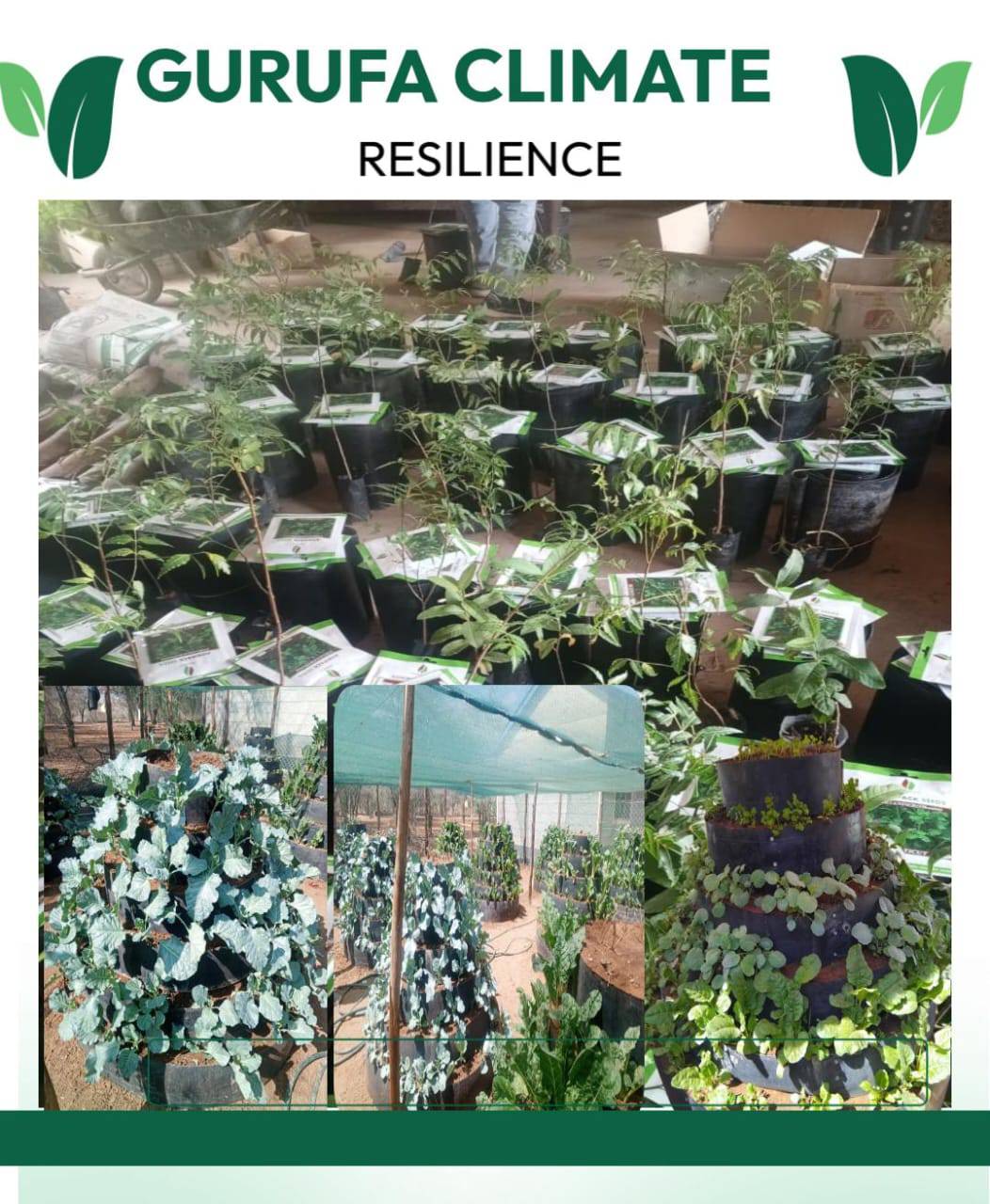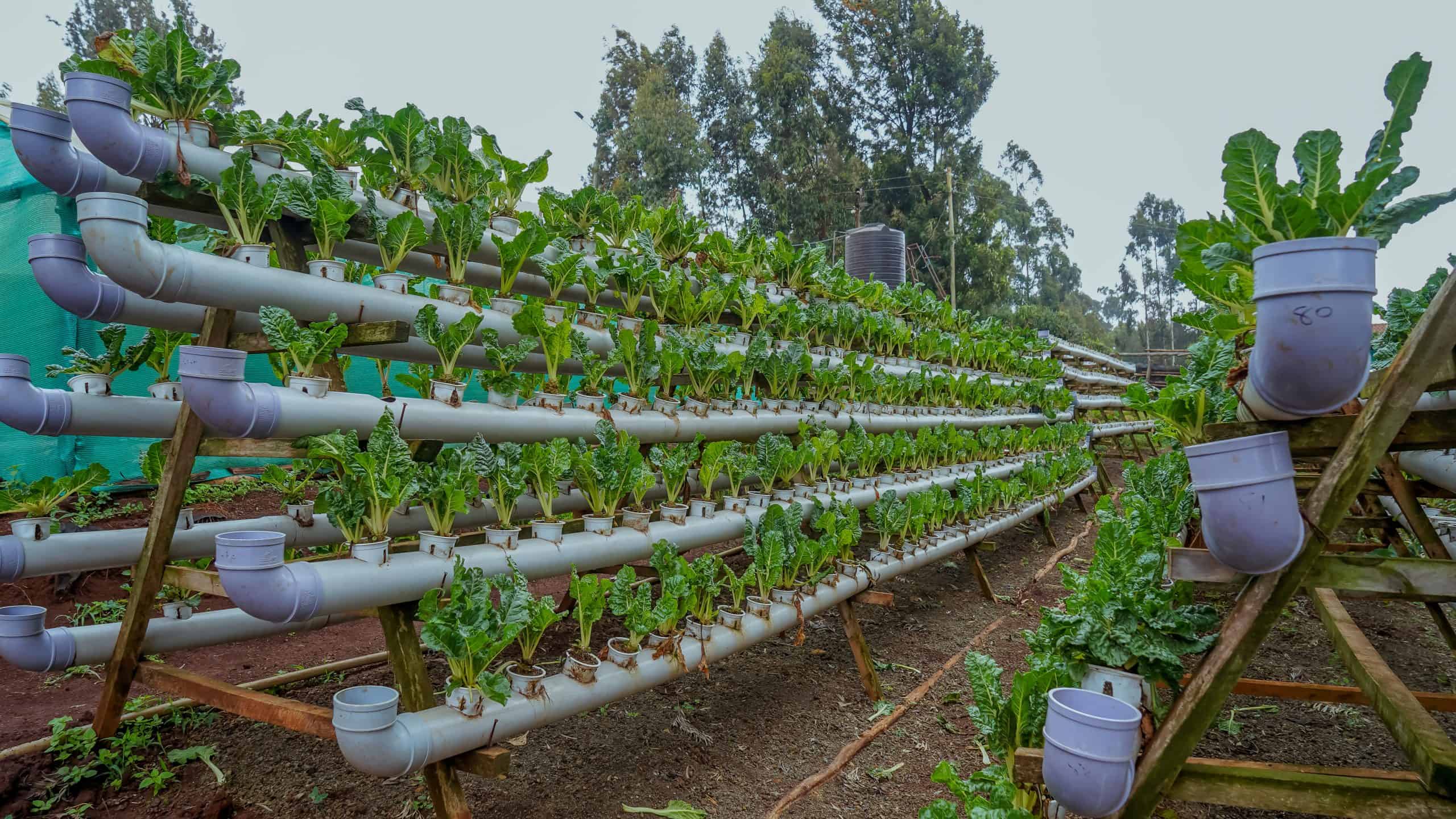The Aga Khan University (AKU) Institute for Human Development has deepened its partnership with the County Government of Garissa to strengthen climate resilience in vulnerable communities, particularly women and children.
Through its PREPARE project, AKU is implementing interventions designed hand-in-hand with community members and local stakeholders.
The project builds on findings from a detailed study that examined the climate-related challenges facing households, with a special focus on women and children.

“Under our PREPARE project, the AKU Institute for Human Development is implementing interventions to strengthen climate resilience in Garissa County, Kenya.”
“These interventions were co-designed with community members and key stakeholders, building on the project's study that examined the climate challenges affecting women and children. We are grateful to the Garissa County Government and local leadership in Gurufa for their unwavering support and partnership throughout this journey,” said the AKU Institute for Human Development in an update on their official social media platforms.
The project is already making an impact in Sabena Ward, Shanta-Abaq Sub-County, where initiatives such as kitchen gardening, particularly cone gardening at both household and school levels, are helping to reduce vulnerability and improve nutrition.
Speaking about the engagement, Abdi Gedi Sora, Sub-County Agricultural Officer in Lagdera, emphasised the importance of the collaboration.
“On behalf of the County Government of Garissa, Lagdera, and the Shanta-Abaq Agricultural Office, we extend our heartfelt gratitude to the donor/partner, Aga Khan University, and all other stakeholders for their collaboration and partnership in promoting climate resilience within the communities of Guruffa and Charon in Sabena Ward, Shanta-Abaq Sub-County, Garissa County.”
“Together, we are working towards strengthening food security and nutrition. The kitchen gardening (cone gardening) projects, both at the household level and in Guruffa Primary School, will enhance resilience to climate change and reduce vulnerability, especially among women and children.”
Beyond food security, the PREPARE project has built local capacity through training programs, equipping communities with the skills to adapt more effectively to climate shocks.
Stakeholders hope the initiative will be scaled up to other parts of Garissa and extended to additional counties, applying lessons learned to achieve a broader impact.
“This project has also improved the community’s capacity through training, enabling them to adapt more effectively to the impacts of climate change. It is our sincere hope that this initiative will be scaled up across Garissa County and extended to other counties as well, with lessons learned applied for greater impact,” added Sora.
The partnership demonstrates how locally rooted solutions, supported by research and collaboration, can build resilience and empower communities in arid and semi-arid regions where climate shocks remain a constant threat.

